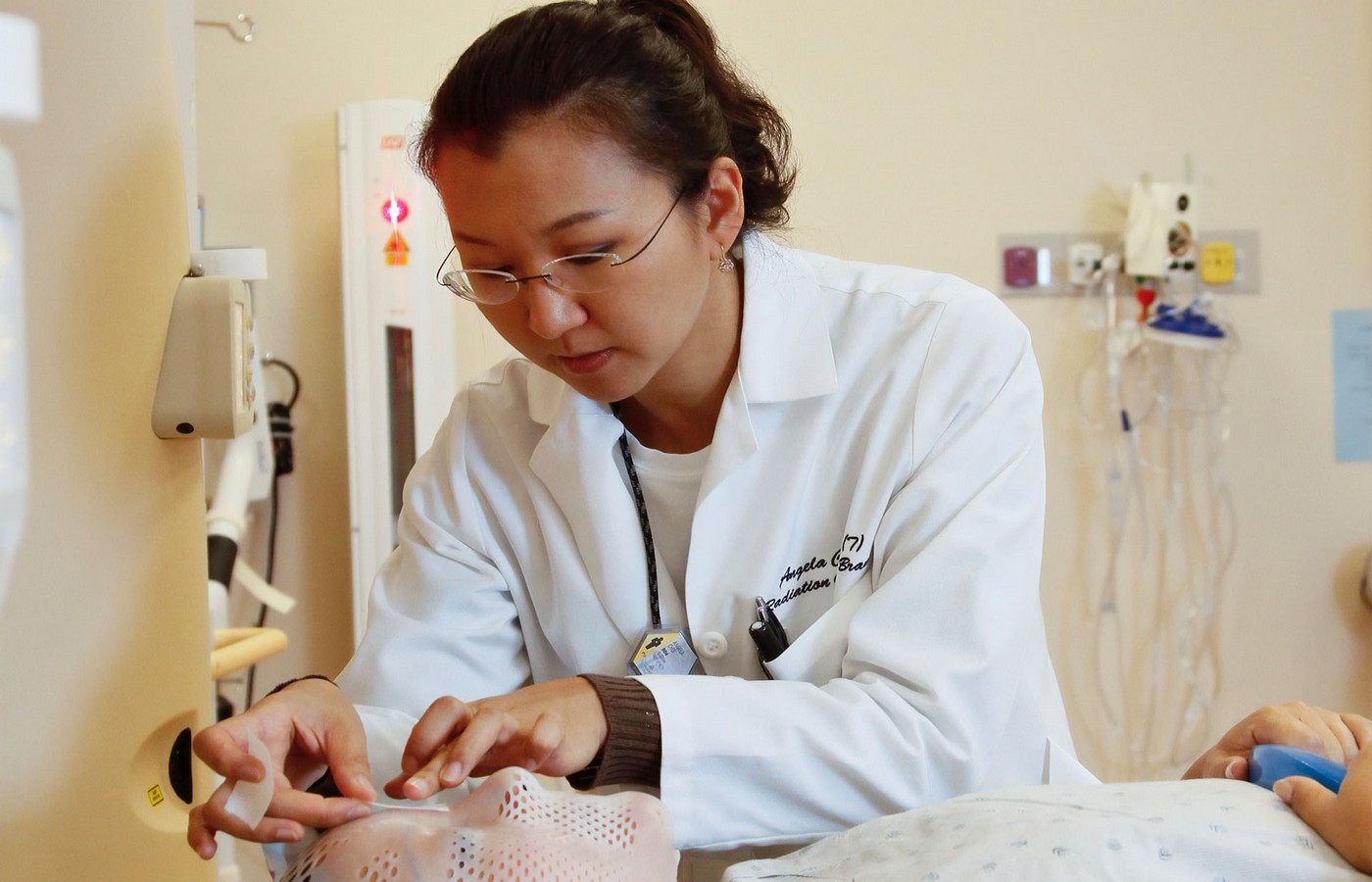
Registered nurses provide patient care in a variety of healthcare settings. A majority of nurses work in hospitals and surgery centers in rotating day and night shifts to cover 24-hour patient care.
In the recent past, healthcare has greatly evolved, and nurses are working in other healthcare facilities such as physicians’ offices, home healthcare agencies, nursing homes, rehabilitation centers, dialysis centers and outpatient facilities. RNs also work in correctional facilities and the military.
Nurses usually work in close contact with people who may have infectious diseases. They are also likely to come across harmful drugs and hazardous chemicals in their line of duty. For this reason, RNs must follow strict guidelines and protocols to protect themselves against illness and disease. Additionally, nurses may suffer from back stress due to the nature of their job which calls for constant standing, walking, bending and lifting.
There are several ways you can obtain the registered nurse certification requirement. An aspiring registered nurse may earn an associate degree in nursing (ADN), a bachelor’s of science in nursing (BSN), or a diploma from an accredited and an approved nursing program.
A bachelor’s of science in nursing is earned in a college or university and usually takes four years to complete. An associate degree takes two years in a community or junior college. It is the most common way to obtain licensure as an RN. Diploma programmes, on the other hand, can be obtained through hospital programs and normally takes about three years to complete.
In addition to training, nurses must take and pass the National Council Licensure Examination (NCLEX-RN) to become be fully registered. The registered nurse certification requirement may vary depending on the state, and it’s, therefore advisable to check with the State Board for details.